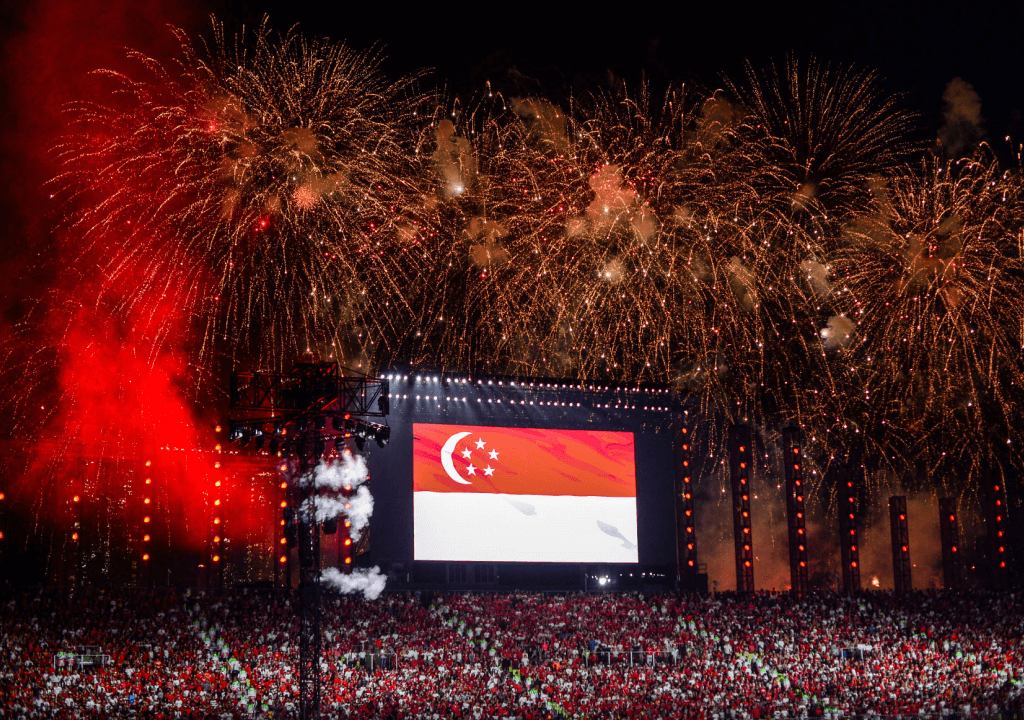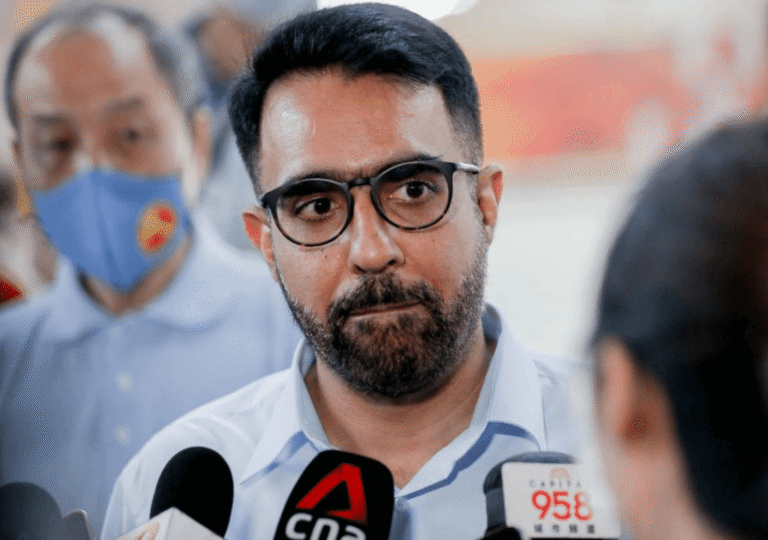Singapore welcomed 2025 in its usual style, with countdowns lighting up Marina Bay, Sentosa, the Singapore Sports Hub, and 17 heartland venues. Yet, this New Year stood apart from the rest—beneath the glittering festivities lay a profound milestone: the nation’s sixtieth anniversary, a tribute to one of the most extraordinary feats of modern state-building. The diamond jubilee is more than a celebratory marker; it serves as a rallying cry to deepen Singapore’s shared values, nurture unity within its richly diverse society, and reinforce its collective identity. At the centerpiece of this significant year of celebration lies an exceptional National Day Parade at the historic Padang, with festivities spilling into Marina Bay and neighborhood spaces. But 2025 promises more than celebration—it heralds decisive moments ahead. A critical general election looms, complemented by a visionary Budget expected to redefine policies on job security and retirement sustainability, charting a transformative course for the Republic’s governance in its diamond jubilee year.
Singapore is set to head to the polls by November 2025, though many observers predict the general election will take place much earlier. For months, political analysts have been watching closely for the formation of the Electoral Boundaries Review Committee, an indicator of the election’s timing, as it is convened ahead of every election cycle. Possible election dates currently under discussion include April, May, and July, following the release of Budget 2025, when Singaporeans will have had time to digest the fiscal plans. This period, coinciding with the nation’s approach to its 60th anniversary, is expected to stir reflection and introspection, adding weight to the electoral moment.
The upcoming election will be the first under Prime Minister Lawrence Wong, and also his debut as Secretary-General of the People’s Action Party (PAP), a role he stepped into in December following Senior Minister Lee Hsien Loong’s departure from the position. PM Wong has underscored the high stakes of this election, warning that even a slight shift in voter sentiment could lead to a significantly weakened government. As the campaign heats up, political parties are gearing up with a blend of new contenders and seasoned figures appearing on constituency banners, attending grassroots events, and joining walkabouts, signaling a fiercely contested race ahead.
A trade war and the resulting geopolitical tensions pose a significant risk in the near term. With the United States set to inaugurate President Donald Trump on January 20, the anticipated shift in policy, particularly his aggressive rhetoric against China and global trade, could ripple through international relations. Positioned as a critical link between Asia and the West, Singapore finds itself at the center of any potential fallout. Economically, Singapore’s growth is expected to decelerate in 2025, with key trading partners predicted to experience slower economic expansion. The Ministry of Trade and Industry anticipates Singapore’s GDP growth will slow to between 1 and 3 percent in 2025, compared to 3.5 percent in 2024. President Trump’s trade policies, which could impose tariffs of up to 20 percent on all trading partners and a 60 percent tariff on imports from China, are poised to further disrupt global markets. While Singapore might not face direct tariffs, the broader consequences of the US-China trade war—including rising import prices, reduced global demand, and decreased trade volumes—are likely to impede the nation’s economic growth.
The upcoming Budget is set to be a key focus this year, as the rising cost of living and job security are top concerns for many. These issues will be addressed in Budget 2025, which Prime Minister Lawrence Wong will present on February 18. The annual Budget, which outlines the government’s spending priorities, will also include provisions to support Singaporeans at various stages of life. Some economists anticipate an “Election Budget,” designed to provide assistance across all sectors of society and businesses. Many also believe this Budget will signal Singapore’s shift towards a welfare-oriented state.
It is certain that in 2025, Singapore’s political landscape will experience an eventful year. The general election will test the ruling party’s enduring grip on power since the nation’s inception, alongside a rising opposition that has shown considerable momentum. On the global stage, Singapore is poised to be swept up in the shifting tides of international affairs, with the evolving dynamics of the Trump presidency expected to influence its trajectory. This promises to be a year of both national reckoning and international engagement.







